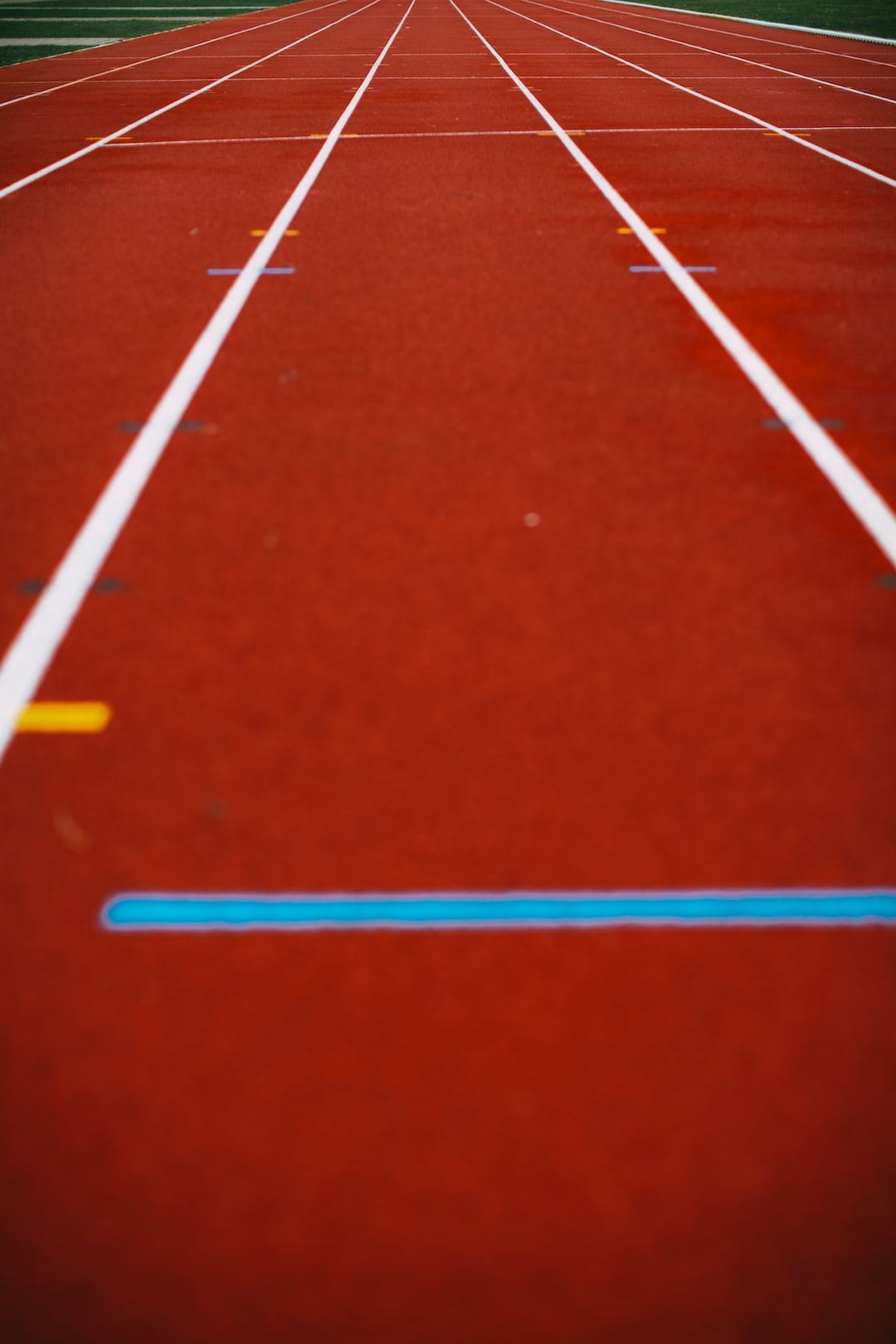The History of Athletics: From Ancient Greece to Modern Day
Athletics, often referred to as track and field, is a sports discipline that has a rich and fascinating history. The origins of athletics can be traced back to ancient civilizations, particularly ancient Greece. From the early Olympic Games to the modern day international competitions, athletics has evolved and grown in popularity over the years. In this blog post, we will take a journey through time to explore the history of athletics and its significance in different eras.
The ancient Greeks are widely recognized as the pioneers of athletics. They held the first Olympic Games in 776 BC in Olympia. These games were dedicated to the Greek gods and consisted of various athletic events, including running, javelin throw, discus throw, and long jump, among others. They were seen as a way to honor the gods and promote physical fitness.
Athletics continued to be an integral part of Greek culture, with several other regional and national games being organized in addition to the Olympic Games. These competitions were not only about physical strength and agility but also about showcasing one’s aesthetic beauty and prowess.
The Olympic Games gained immense popularity and attracted participants from various Greek city-states. The games were held every four years and drew massive crowds, with athletes coming from far and wide to compete. Winners were awarded a laurel wreath, considered a great honor at the time.
However, the decline and eventual fall of the Roman Empire meant a temporary end to organized sports activities. It was during the medieval period that athletics took a backseat as other pursuits gained prominence. The focus shifted to warfare and religious practices, and athletic competitions were largely excluded.
It wasn’t until the 19th century that athletics experienced a revival. In England, various clubs and societies dedicated to sports were formed, and competitive events began to gain traction again. The Industrial Revolution played a significant role in this resurgence, as it led to an increase in leisure time for the working class.
England’s influence on the modern athletic movement cannot be overstated. It was in this period that standardized rules and regulations were established for different athletic events. The concept of amateurism, where athletes did not receive financial rewards for their achievements, also began to take shape.
The internationalization of athletics can be traced back to the late 19th century. It was in this period that the modern discipline of athletics started to take shape, and the first international competitions were organized. The inaugural modern Olympic Games were held in Athens, Greece, in 1896, and since then, they have become the pinnacle of athletic achievement, attracting athletes from all corners of the globe.
The 20th century witnessed a rapid growth in the popularity of athletics. More events were added to the Olympic program, including women’s competitions. World records were shattered, and athletes such as Jesse Owens, Carl Lewis, and Usain Bolt became household names.
Advancements in technology and sports science have also played a significant role in the development of athletics. From improved footwear to state-of-the-art training methods, athletes continue to push the boundaries of human capability.
In recent years, athletics has faced its fair share of challenges, with controversies surrounding doping and performance-enhancing substances. However, efforts are being made to ensure a level playing field, and stricter anti-doping measures have been implemented.
In conclusion, athletics has come a long way since its humble beginnings in ancient Greece. From the Olympic Games of old to the multi-sport extravaganzas of the modern era, the history of athletics is a testament to the human desire for physical achievement and competition. As we look towards the future, it is clear that athletics will continue to captivate hearts and minds, inspiring generations of athletes to strive for greatness.

